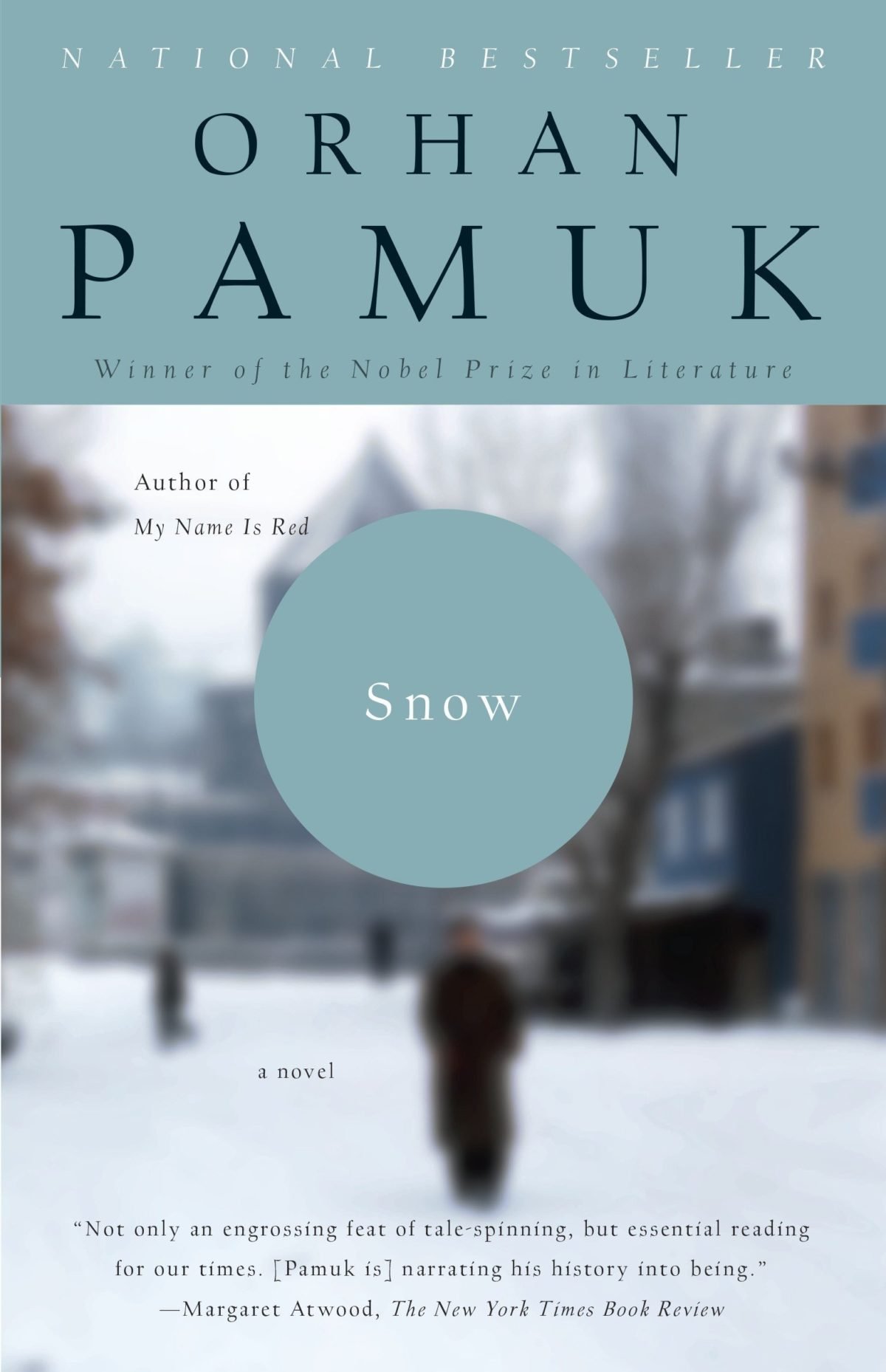A book review by BPL team member, Christian.
The city of Kars, Turkey is like a winter snow globe constantly being shook by the hands of geopolitical affairs and religious tension. As the snow falls, covering the city with suicides of teenage girls, Ka, a poet, returns to Kars to write on the suicides of the alienated youth. Orhan Pamuk’s Snow is a novel that resembles his literary contemporary, Roberto Bolaño’s 2666, and David Lynch’s Twin Peaks–in the way that Snow takes place in clone of a city where real crimes have occurred (Kars being the placeholder for the suicides of girls in Batman, Turkey in Snow and Santa Teresa being the placeholder for the murders of women in Cuidad Juarez in 2666) and the mysticism of a location (such as the dream-like qualities that resemble the cities of Kars, Turkey and Twin Peaks, Washington).
Kars is the epicenter of the novel, a city that attracts cultural heterology–a group of Islamic militants and Western-influenced secularists fighting over the subject of whether women should bare head scares. Ka is in the middle of this war between religion, politics, and culture, playing the role of a double agent through his amiable personality. As a Turkish expatriate in Germany, Ka faces the drifting qualities of diaspora as he can never truly identify himself–whether in the political, religious, or cultural spheres. He becomes a mediator, never truly deciding the ethical choices he is given–a consistent quality in the novel’s ever-expanding plot. And despite the tense events that Ka gets himself in, the creative spark that the city of Kars grants him (as he writes nineteen poems that he pieces together in a collection baring the same title as the novel) and his hasteful infatuation for Ipek (a childhood acquaintance) are what makes himself bare through the suffering, cold city of Kars.
Snow is a dense book, spanning more than 460 pages, and as the novel goes through two theater shootings, the assassination of a university director, and a blizzard, the time Ka spent in Kars is reflective of decades of fragmentation that concerns the geopolitical country of Turkey–the suicide of the girls is reflective of a trauma that has endowed through these decades; it is not a concern of what is happening now, but rather, something that has been happening for such a long time. The novel leaves a vague idea of the future of Turkey because it is a country that is locked between Western and Middle Eastern influence, uncertain of its own collective identity. Kars is a city in a snow globe–and inside it’s glass exterior, the outside world can look distorted and unclear.
Similar Reads:
Blindness by Jose Saramago
2666 by Roberto Bolaño
Exit West by Mohsin Hamid
